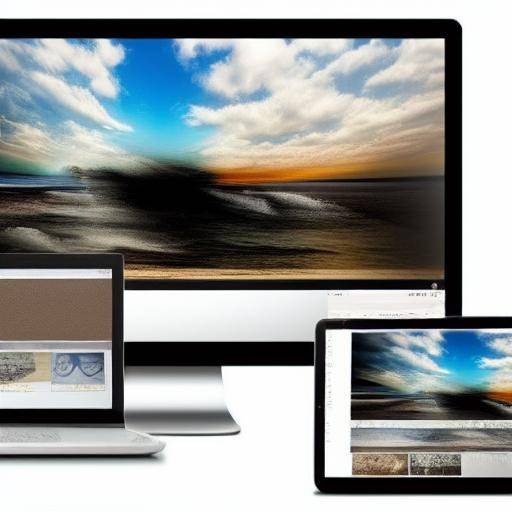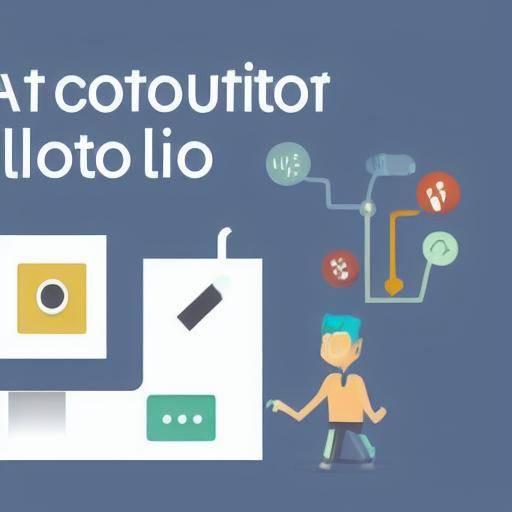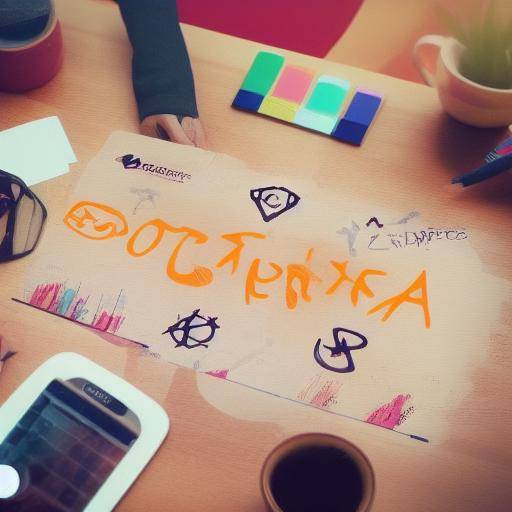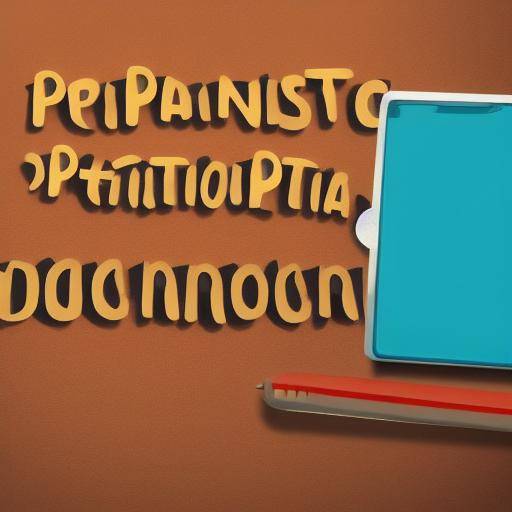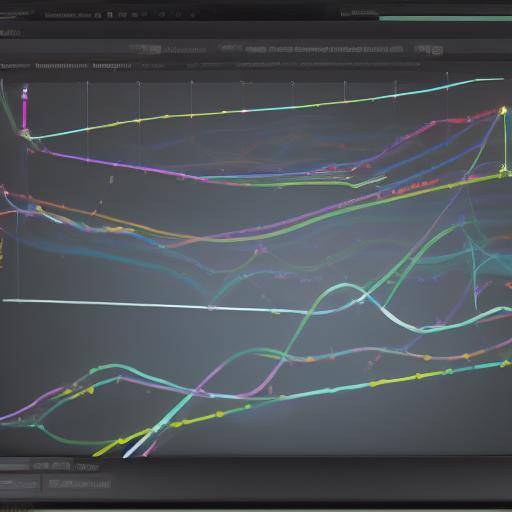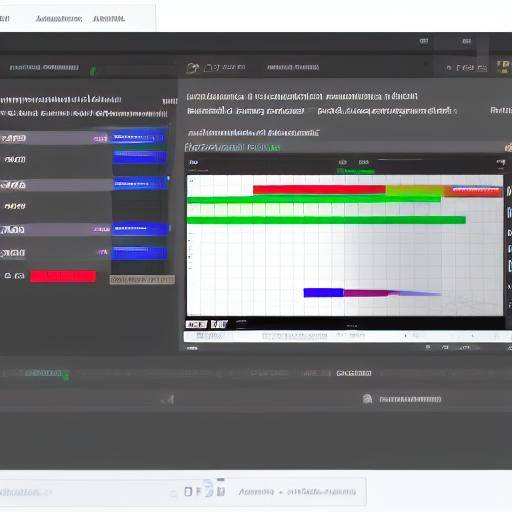
Self-control plays a fundamental role in the personal and professional development of any individual. The ability to regulate our emotions, actions and thoughts can make the difference between success and failure in various areas of life. Visualization, a powerful and accessible technique, can be a valuable tool to improve self-control. In this article, we will explore in detail how visualization can positively impact self-control, offering practical advice, application examples and predictions for the future.
Introduction
Self-control is the ability to regulate our emotions, thoughts and behaviors based on long-term goals. From resisting the temptation to overeat sweets until handling stressful situations calmly, self-control is a crucial skill in various aspects of life. However, developing and maintaining a high level of self-control can be challenging for many people.
Visualization is a technique that involves creating vivid images in the mind to represent desired situations or specific behaviors. It has been widely used in fields such as sport, psychology and personal development to improve performance, reduce anxiety and strengthen self-esteem. By combining visualization with the goal of improving self-control, we open the door to a new and effective approach to personal development.
In this article, we will explore in depth the relationship between visualization and self-control, considering both theoretical foundations and practical applications. Useful advice, real examples and predictions on the future of this powerful combination will be provided.
History and Background
To understand the relevance of visualization in the context of self-control, it is important to explore its origins and evolution over time. Visualization is not a new concept, and its history reveals its importance and effectiveness in personal development.
The use of visualization dates back to ancient Eastern traditions, where it was practiced as a form of meditation and manifestation of desired realities. Over the centuries, this technique has found its place in various cultures and disciplines, from chamanism to modern psychology.
Deep analysis
Benefits of Visualization for Autocontrol
Viewing offers a number of key benefits that can contribute significantly to the development of self-control. By imagining challenging situations and practicing controlled and constructive responses, brain circuits associated with decision-making and emotional management are strengthened. This allows to reduce impulsivity and improve the ability to resist temptations or impulsive reactions.
Challenges and Considerations
Despite its many benefits, visualization also poses important challenges and considerations. Some people may have difficulty visualizing clearly or feeling skeptical about the effectiveness of this technique. In addition, it is crucial to recognize that visualization should be combined with concrete actions and a practical approach to generating significant results in terms of self-control.
Comprehensive review
Practices and Best Practices
In the field of self-control, visualization can be applied in various ways to achieve tangible results. For example, visualizing stressful scenarios and practicing calm and controlled responses can prepare individuals to manage real situations more effectively. In addition, the visualization of goals and achievements can strengthen determination and persistence in achieving long-term goals.
Expert and Future Perspectives
Experts in personal development and psychology have emphasized the importance of visualization as an effective tool for the development of self-control. Research in this field is expected to continue to grow, exploring new visualization techniques and their impact on emotional and behavioral regulation. The future of visualization to improve self-control is marked by an optimism based on scientific evidence and practical experience.
Conclusions
Visualization offers a powerful and flexible approach to improving self-control and personal development in general. By combining the ability to create clear and detailed mental images with the aim of regulating our emotions and actions, visualization represents an invaluable tool for those who seek to strengthen their self-control.
Self-control is a dynamic and highly relevant skill in the contemporary world, where demands and distractions are abundant. Visualization emerges as an effective strategy to address these challenges, giving individuals the opportunity to practice and strengthen their ability to make conscious and aligned decisions with their goals and values.
In considering the combined potential of visualization and self-control, a promising path to personal growth and emotional well-being arises. The development of these skills not only impacts individual life, but can also positively influence the personal, professional and social environment of each individual.
As we explore the possibilities and benefits of visualization to improve self-control, we enter a world of growth, discovery and self-determination. Those who commit to mastering this powerful combination can expect significant changes in their day to day and a greater sense of control over their own lives.
With confidence in the effectiveness of visualization as a tool to strengthen self-control, a vast panorama of possibilities for personal growth, overcoming challenges and achieving goals is displayed. By adopting this practice, the door opens to a territory of self-discovery and empowerment, where determination, clarity and resilience become invaluable allies on the individual's path to success and personal realization.
FAQs
1. What is visualization and how does it apply to self-control?
Visualization is a technique that involves creating clear and detailed mental images to represent desired situations or specific behaviors. When applied to self-control, visualization allows you to practice controlled and constructive responses in challenging scenarios, strengthening the ability to regulate emotions and actions.
2. What are the benefits of visualization to improve self-control?
Visualization offers many benefits, including reducing impulsivity, improving decision-making and emotional strength. By practicing visualization, the brain circuits associated with self-control are reinforced, making it easier to resist temptations and manage stressful situations with greater calm.
3. What challenges can arise when using visualization to improve self-control?
Some people may experience difficulties in visualizing clearly, which may hinder the effectiveness of this technique. In addition, it is important to combine visualization with concrete actions and a practical approach to achieve significant results in terms of self-control.
4. How can I apply visualization to strengthen my self-control in everyday situations?
You can start by identifying specific situations or challenges where you want to strengthen your self-control. Then, practice visualizing yourself facing those situations in a calm, controlled and aligned way with your goals. By repeating this process, you will strengthen your self-control skills in real situations.
5. What role does visualization play in achieving long-term goals and personal development?
Visualization can be a powerful tool to strengthen the determination, persistence and clarity of objectives. By visualizing your goals and emotionally experiencing the achievement of those goals, you reinforce your commitment and focus on achieving your long-term goals.
6. Is there scientific evidence to support the effectiveness of visualization to improve self-control?
Yes, various scientific studies have researched and supported the benefits of visualization to strengthen self-control and emotional regulation. Evidence suggests that visualization activates areas of the brain associated with self-control, which can have significant positive impacts on the ability to resist temptations and make conscious decisions in everyday situations.
With these FAQs, we seek to provide clear and guiding answers for those who want to better understand the relationship between visualization and self-control, as well as to implement effective practices in their daily lives.
In short, visualization has a significant potential to strengthen self-control and personal development. By creating vivid mental images and practicing controlled responses, you can cultivate a greater capacity to regulate emotions, decisions and actions. This combination of visualization and self-control represents a powerful tool for personal growth, goal achievement and overall emotional well-being.
With the knowledge gained in this article, readers will be equipped with valuable insights and practical strategies to integrate visualization in their search for greater self-control and personal development, thus unlocking their potential to face challenges and achieve success in all aspects of their lives.

